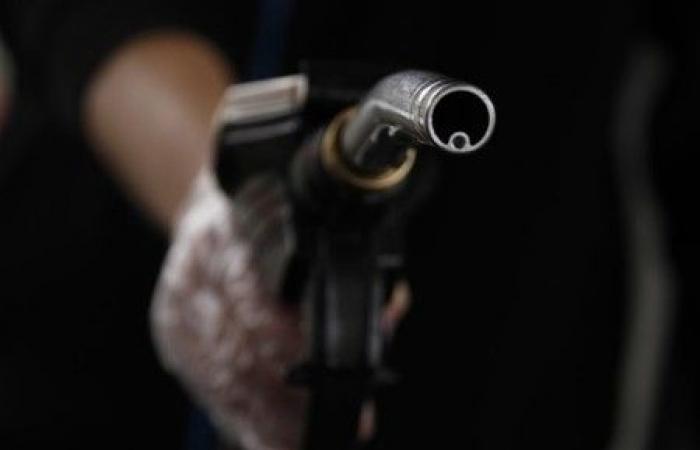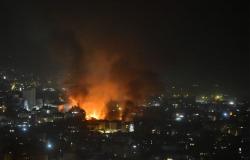New York (awp/afp) – Oil prices rose at the very end of the session on Friday, awakened by an Israeli strike presented as targeting the headquarters of the pro-Iranian movement Hezbollah.
The price of a barrel of Brent from the North Sea for delivery in November increased by 0.53%, to close at $71.98.
A barrel of American West Texas Intermediate (WTI) of the same maturity gained 0.75%, to $68.18.
Israel announced on Friday that it had bombed Hezbollah’s “headquarters” in the southern suburbs of Beirut.
The attack razed six buildings but according to a source close to the Lebanese Islamist movement, the leader of Hezbollah, Hassan Nasrallah, escaped.
The Iranian embassy in Lebanon considered that this operation was part of a “dangerous escalation”, which “changes the rules of the game”. The perpetrators of this “massacre” will receive a “just punishment”, she warned.
This development brought crude oil prices, which had been oscillating around equilibrium for several hours, out of their torpor.
“Every time such an event occurs, the (geopolitical) risk premium increases,” commented Bart Melek of TD Securities.
But beyond this instant reaction, “I don’t expect it to have a major effect” on black gold, “unless Iran gets involved,” added the analyst.
Present this week in New York as part of the United Nations General Assembly, Iranian President Massoud Pezeshkian gave a moderate speech, without mentioning possible intervention by the Islamic Republic.
“Even if Iran attacked Israel, this would provide an opening for Russia and Saudi Arabia to increase their production,” anticipates Eli Rubin of EBW Analytics Group. “Several producers are ready to take over, which explains why we don’t see prices jumping.”
Saudi Arabia currently produces around 9 million barrels per day, although it has the capacity to extract 12 million.
The Kingdom plans, like seven other members of the OPEC+ (Organization of the Petroleum Exporting Countries) agreement, to increase its production from December.
“Being aware that the market cannot absorb the supply and saying that we are going to increase volumes does not seem to me to be a winning formula for the Saudis,” said Eli Rubin. “So I think they’re going to change their positioning at some point.”
tu






